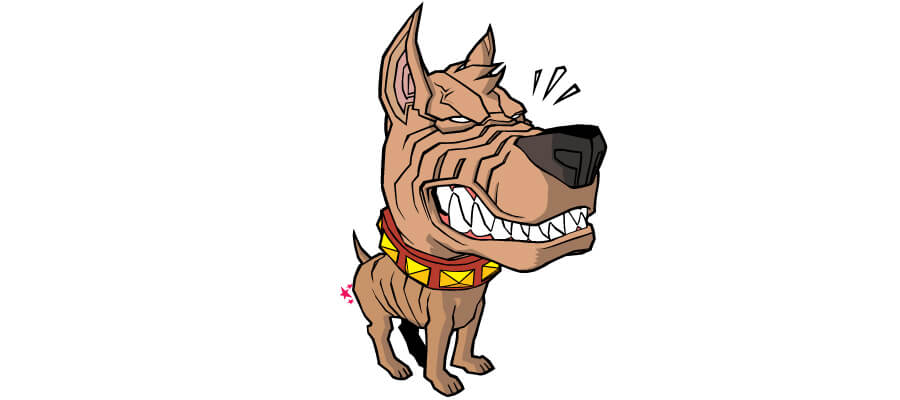You are the number one expert when it comes to your dog's number two, so when your fur-baby suddenly stops going, you take notice.
Dogs can hold off on pooping for a few reasons. One, they are in a new environment and are unsure where they are allowed to relieve themselves. Two, your canine is stressed out and is holding in his poop.
Below we will go over the possible causes why your pup hasn't relieved himself in over 24 hours and then go over possible remedies. It's worth noting that if you haven't seen your dog poop in over 48 hours, that's the time to get him to your veterinarian right away.
Why Your Dog Is Constipated
- Fiber — Either too much or not enough fiber in your canine's diet may be the culprit causing constipation.
- External Blockage — Your pup's hair around their derriere can get so matted that they can't go number two.
- Internal Blockage — Eating gravel, rocks, or other items that are not meant to be eaten (and we've seen it all) can create enough blockage in the small intestine to cause your pup to become constipated.
- Dehydration — Dogs, cats, and all pets that don't have access to enough water run the risk of getting dehydrated.
- Obesity — Overweight pets have so many issues, and getting constipated is on the list.
- Tumor — Albeit rare, tumors located in the rectum or anal area will cause blockage once they get bit enough.
If you have noticed that your cuddly canine has not gone poop in over 24 hours, here are a few natural remedies you can try and home to get their bowels moving again.
Natural Remedies
- More Exercise — Yes, getting those muscles moving also means internal organs move too. If you already exercise your dog daily, increase their playtime or take longer walks. It will help to get things moving along.
- Pumpkin — 100% pureed pumpkin is high in fiber and safe for canines to consume. Include it in his food or let him eat right off the spoon.
- Water — Make sure your pup has access to plenty of clean water. In the warmer months, water evaporates faster, meaning more refills are needed throughout the day.
If you have tried all the above natural remedies and your pup is still not pooping, it's time to get your pet's veterinarian involved. Below are some of the remedies they many suggest.
Remedies Your Veterinarian May Suggest
- Stool softener — Depending on your dog's breed, the veterinarian may suggest using a human stool softener. The veterinarian will know how much and how often to give a stool softener to help relieve your pup's condition.
- Prescription Diet — Dog food manufacturers like Royal Canin® and Science Diet® both offer dog food that helps with constipation and easy digestion. These dog foods contain a moderate amount of fiber and psyllium that encourages fecal passage.
- Enemas — Your pet's doctor may perform an enema to help relieve your dog. Do not try to do an enema at home; you could unknowingly harm your pooch or worse. Enemas should only be done by a veterinarian.
- Surgery — In the case of tumors, removing foreign injected objects, or other medical issues, surgery may be the only option available.
Whether the source of your pup's constipation is his fault (i.e., eating a tennis ball), or an internal medical issue, ignoring your canine's constipation could only make it worse.
